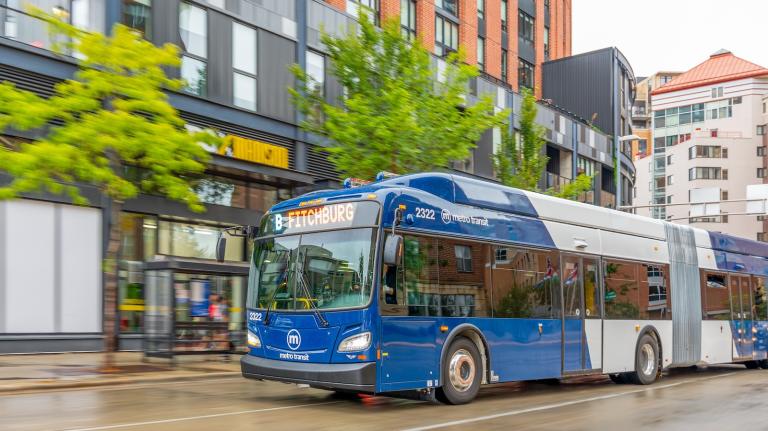BEIJING — Nearly 1,500 cars a day have been added to Beijing’s streets since the start of the year, state media said on Tuesday, indicating new curbs on driving had not dampened the desire for automobiles.
The already gridlocked and heavily polluted Chinese capital registered 65,970 new motor vehicles in the first 45 days of the year, a daily increase of 1,466, Xinhua news agency said, quoting the municipal traffic authority.
That compares with about 1,350 new cars added daily in 2008, according to city figures.
This year’s new cars brought the total in the city to 3.56 million as of February 14, the Beijing Traffic Management Bureau said, according to Xinhua.
The report gave no reason for the increased rate of new cars this year.
However, China last month introduced lower vehicle taxes for cars with engines smaller than 1.6 litres in a bid to encourage sales of lower-emission vehicles.
Xinhua quoted Song Jianguo, head of the bureau, saying the proliferation of cars in the city was causing “serious traffic pressure and safety risks.
“In October, Beijing rolled out new traffic control measures aimed at easing gridlock and pollution.
Under the rules, 30 percent of government vehicles were to have been taken off the roads, while all remaining government cars and private ones were banned from the roads for one day each week, based on their license plate number.
The measures were less strict than those put in place during the 2008 Beijing Summer Olympics, which removed more than a million vehicles from the streets each day.
Those Olympic measures led to what authorities said was the best air quality in Beijing in a decade.
Traffic congestion and pollution have worsened dramatically in Chinese cities as the country’s long-running economic expansion has allowed increasing numbers of consumers to make big-ticket purchases such as cars.


